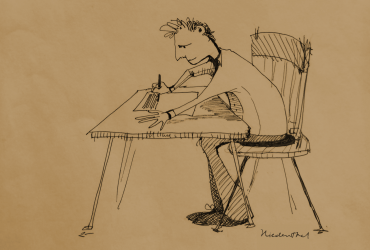Researchers use virtual reality to demonstrate effectiveness of 3D visualization as a learning tool
Researchers from the Neuroimaging Center at NYU Abu Dhabi (NYUAD) and Dr. Karen Schloss from Wisconsin Institute for the Discovery at University Wisconsin-Madison have developed the UW Virtual Brain Project, producing unique, interactive, 3D narrated diagrams to help students learn about the structure and function of perceptual systems in the human brain.












